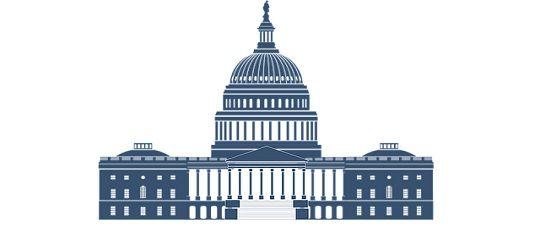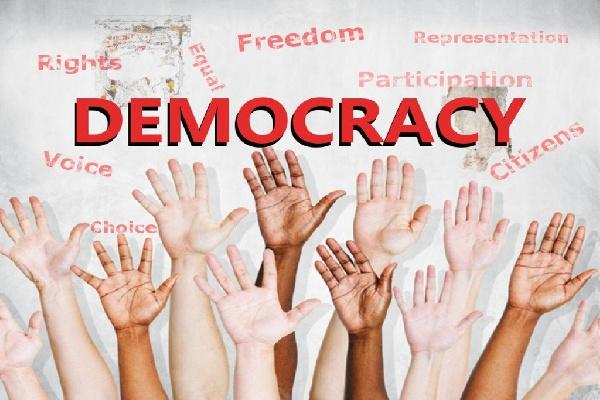Presidential versus Parliamentary Democracy
Presidential and parliamentary democracies are two distinct forms of democratic governance, each with its own system of executive leadership and decision-making processes.

Both models aim to represent the will of the people, but they differ significantly in their structures and functioning.
Presidential Democracy:
In a presidential democracy, the executive and legislative branches of government are separate. The voters elect the president, who is the head of state also government, independently from the legislature for a fixed term.
The president has significant powers, including the authority to veto legislation, issue executive orders, and command the armed forces.
Advantages of Presidential Democracy:
One of the main advantages of presidential democracy is the clear separation of powers. This system provides a system of checks also balances, where the executive and legislative branches can act as a check on each other’s power.
Additionally, presidential democracies often offer more stability because a fixed term does not subject the president to votes of confidence from the legislature.
Disadvantages of Presidential Democracy:
A potential drawback of presidential democracies is the potential for gridlock and political polarization. With separate executive also legislative branches, there can be clashes between the two, hindering the ability to pass legislation and implement policies effectively.
Parliamentary Democracy:
In a parliamentary democracy, the legislature draws the executive branch from its members. The head of government (prime minister) is typically the leader of the majority party in the parliament. The head of state (monarch or ceremonial president) is separate from the executive and has a largely ceremonial role.
Advantages of Parliamentary Democracy:
Parliamentary democracies often offer greater flexibility in forming governments and passing legislation. The close alignment of the executive also legislative branches can lead to quicker decision-making and policy implementation.
Additionally, if the government loses the support of the majority in parliament, they can call new elections, allowing for a relatively swift response to changing political dynamics.
Disadvantages of Parliamentary Democracy:
A potential disadvantage of parliamentary democracies is the concentration of power in the hands of the majority party or coalition. This can limit the influence of minority parties also result in decisions being made without broad consensus.
Conclusion
Presidential and parliamentary democracies represent different models of democratic governance, each with its own strengths also weaknesses. The choice between the two systems depends on a country’s historical, cultural, and political context.
Both models have been successful in various countries, and each offers a unique approach to achieving democratic representation and governance. 온라인카지노


